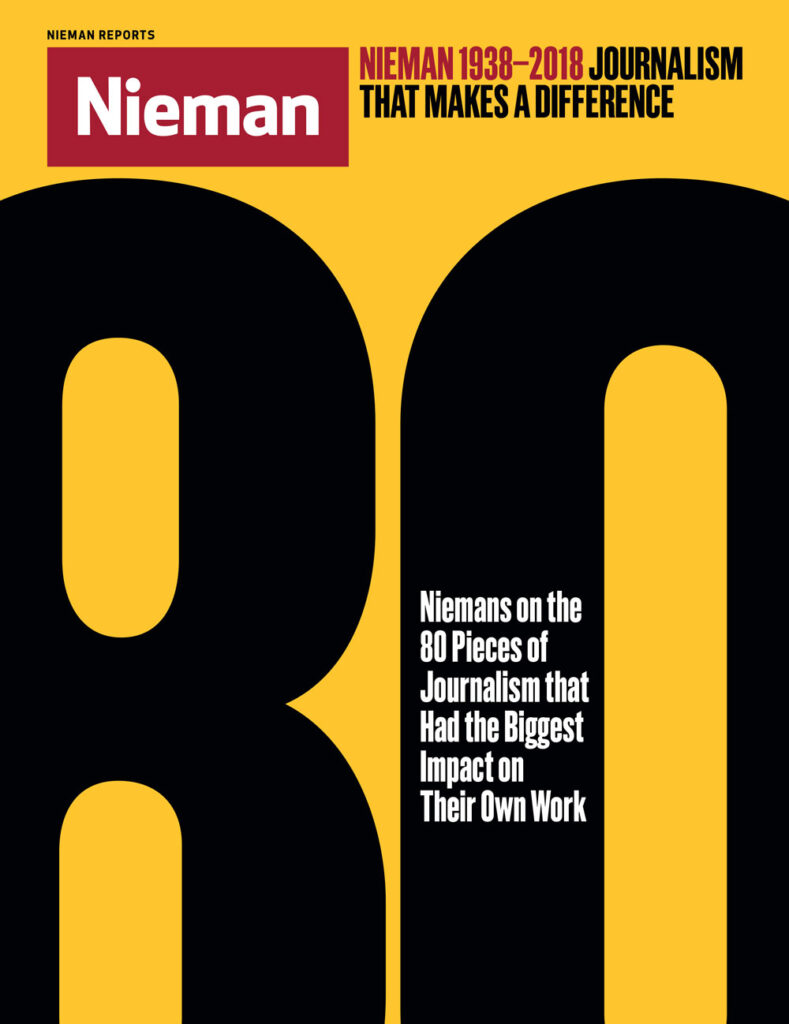The April 2018issue of Vanity Fair featured a photo of 26 Black women entrepreneurs—each of whom had raised more than $1 million in capital. I trace the origins of that historic photo to “The Real Unicorns of Tech: Black Women,” the 2016 ProjectDiane report by Kathryn Finney, founder of digitalundivided, with Marlo Rencher.
Finney’s pivotal report, sponsored by Go Daddy, studied 88 tech startups led by Black women. The report confirmed the extraordinary accomplishments of these women, who represent the fastest growing group overall of American entrepreneurs and small-business owners. It also identifies the severe obstacles faced by U.S. women who are African-American entrepreneurs. These include lack of access to funding for startups and lack of access to startup accelerators.
In the wake of the #metoo and #timesup movements, Finney’s act of independent journalism has inspired coverage of Black women entrepreneurs by the venture capital press. It seems pretty clear to me that if Finney hadn’t led this research, debunking Silicon Valley’s self-proclaimed meritocracy and validating the achievements of Black women despite these barriers, the press wouldn’t be paying attention to this subject.
As a white entrepreneur, I have not experienced what Black women have. Yet until recently, despite my track record as a five-time serial entrepreneur, I was invisible.
Indeed, 17 years ago, when having created a community of 25 million women for Hearst-backed Women.com, I was the first internet journalist named a Nieman Fellow, the prevailing opinion in journalism and in tech was that women would never go online in large numbers.
The Project Diane Report 2016: The Real Unicorns of Tech: Black Women
By Kathryn Finney with Marlo Rencher
digitalundivided, February 2016
Excerpt
Black women Founders have the drive and skill to lead successful startups that can have a profound impact on their communities. However, they continue to be severely undercapitalized with little to no structures to acquire the funding and social capital necessary to scale a successful startup.
The tech industry is quite myopic when it comes to inclusion. The industry sees diversity and inclusion primarily as a human resource issue, but not a market opportunity. As a result, the industry tends to fund inclusion initiatives, and leaders, that focus more on assimilation into current systems rather than those with bold ideas for diverse market penetration and adoption. This limited view of the impact inclusion can have on the tech industry is a major reason for its dismal diversity employment and funding numbers.
But this isn’t just a “tech” problem, foundations and civic institutions also are complicit by funding legacy organizations to do work they don’t have the skill set to do and investing in projects that give great optics, but few measurable outcomes. Stop funding one-off “hackathons” and start funding fully developed programs like Girls Who Code and AllStar Code. For every “diversity/inclusion event” you fund, also fund programs like DID’s BIG accelerator. For every “business grant,” become limited partners in funds like Impact America.




